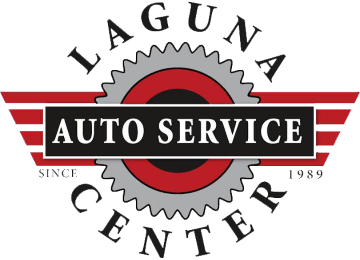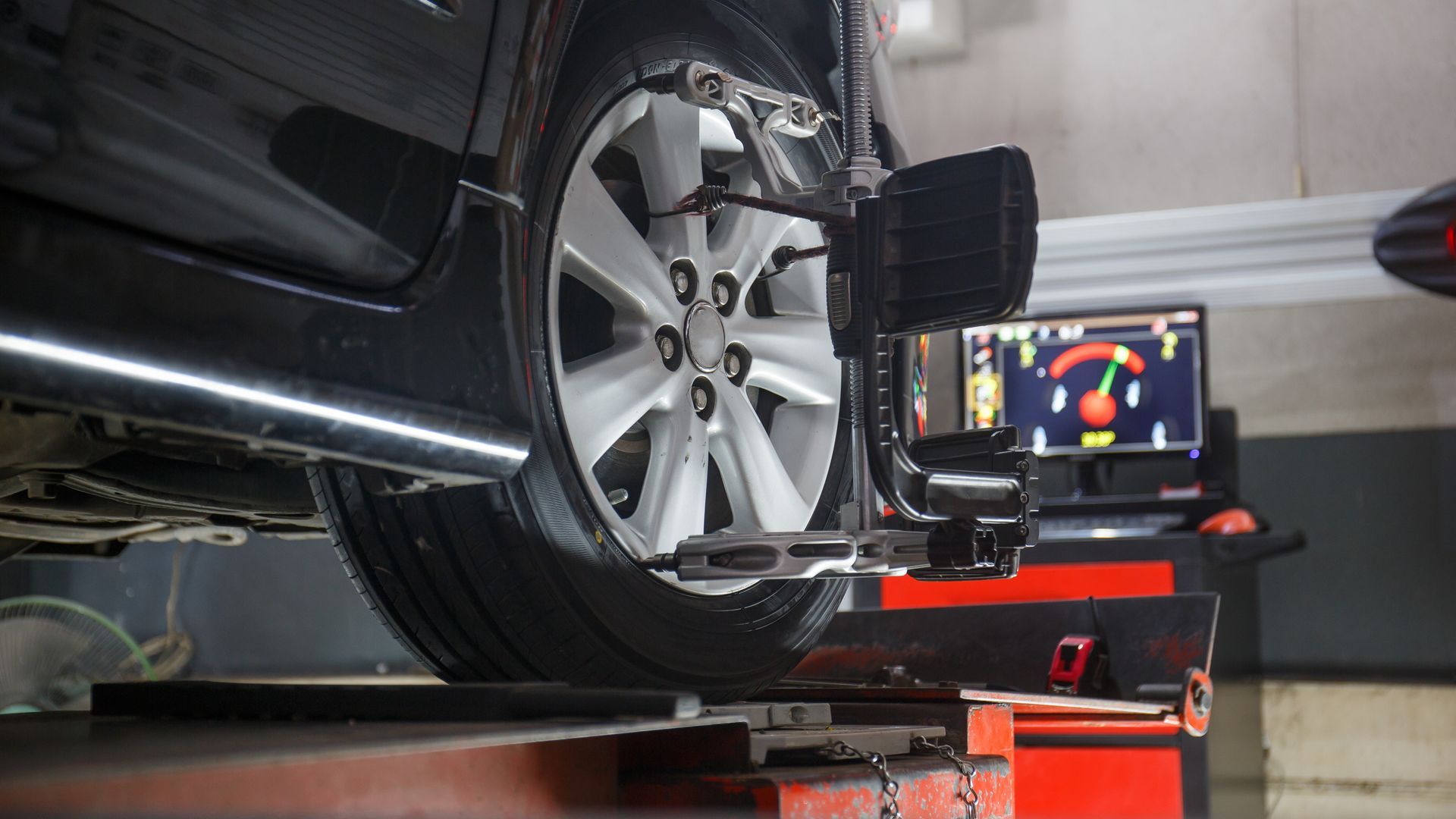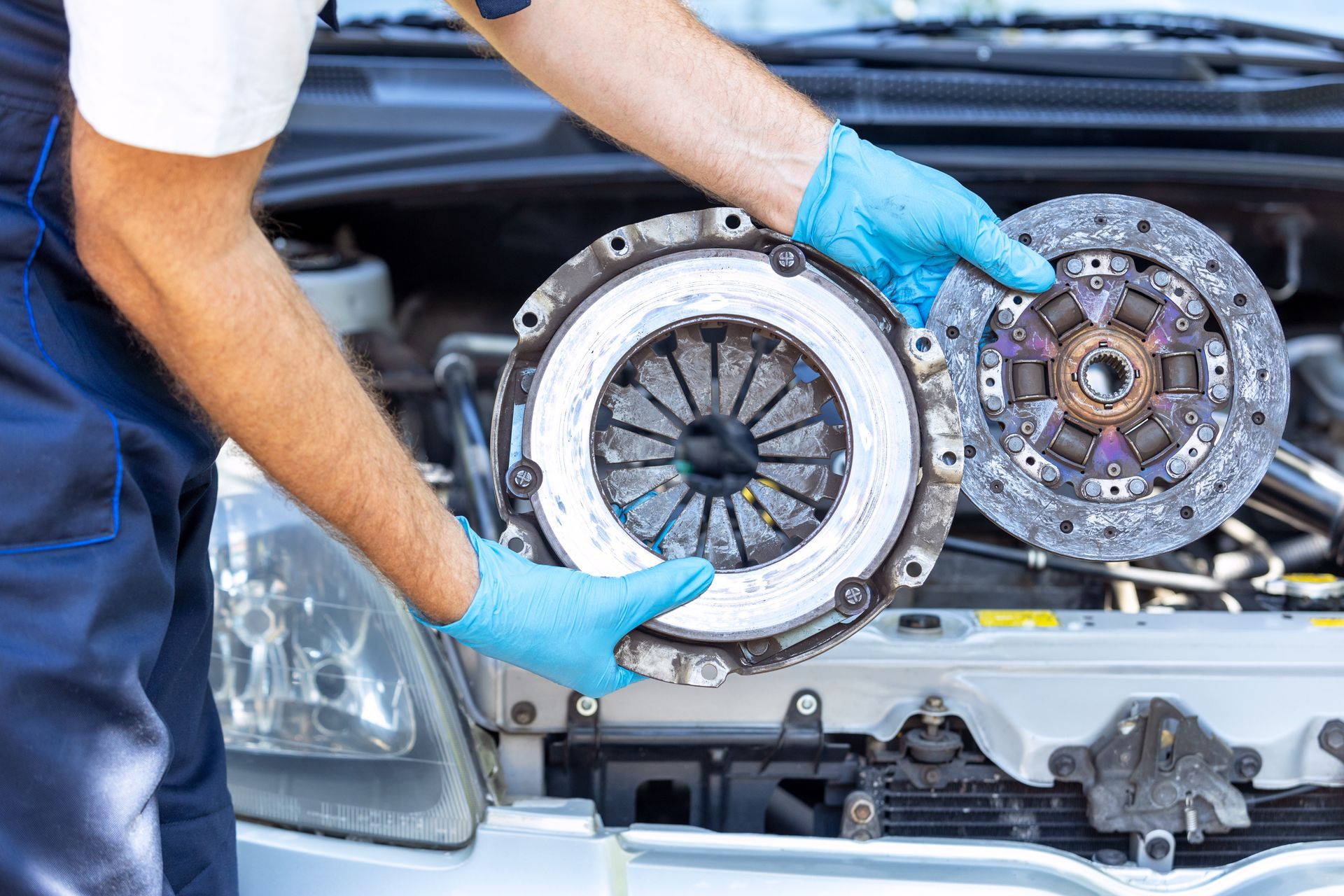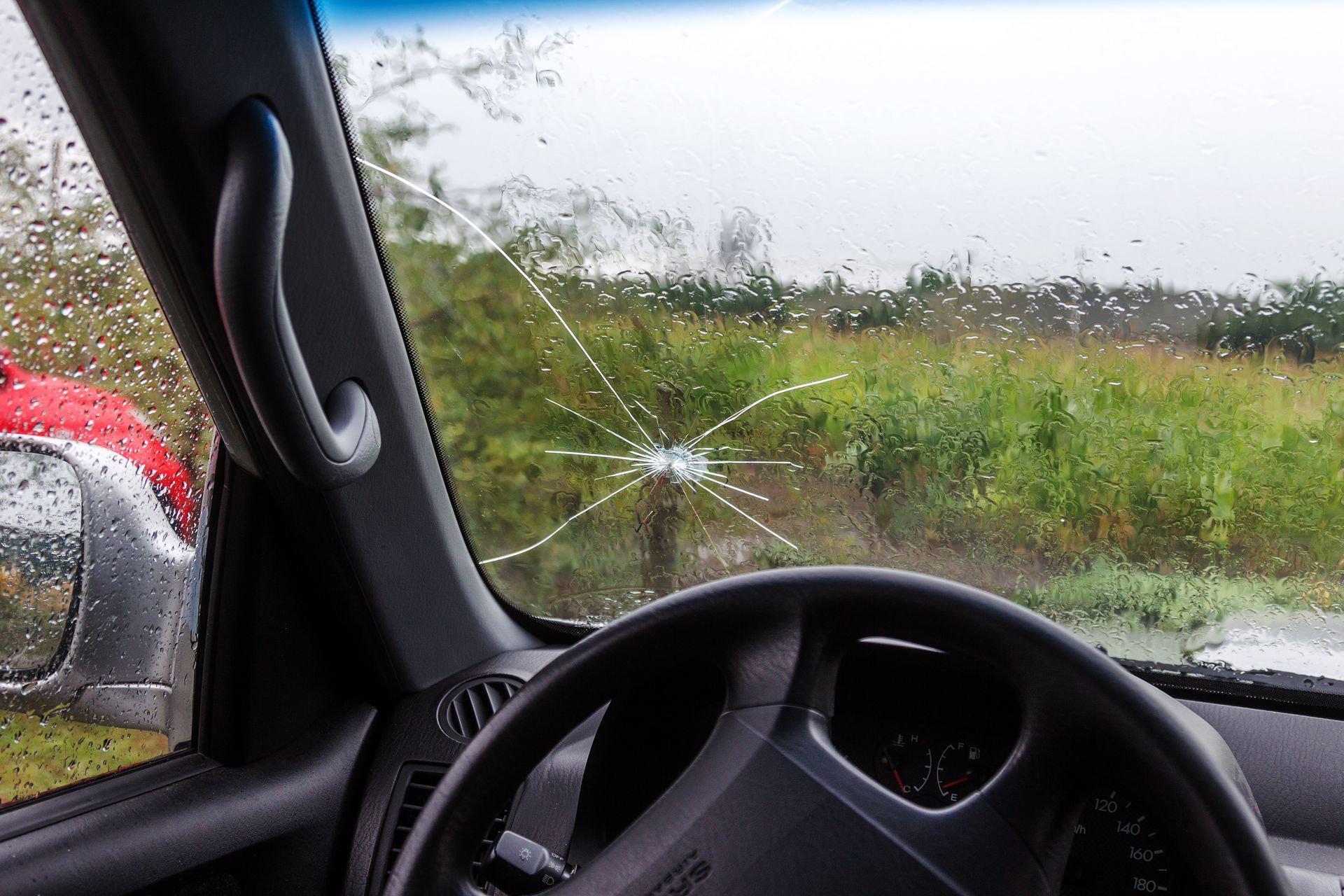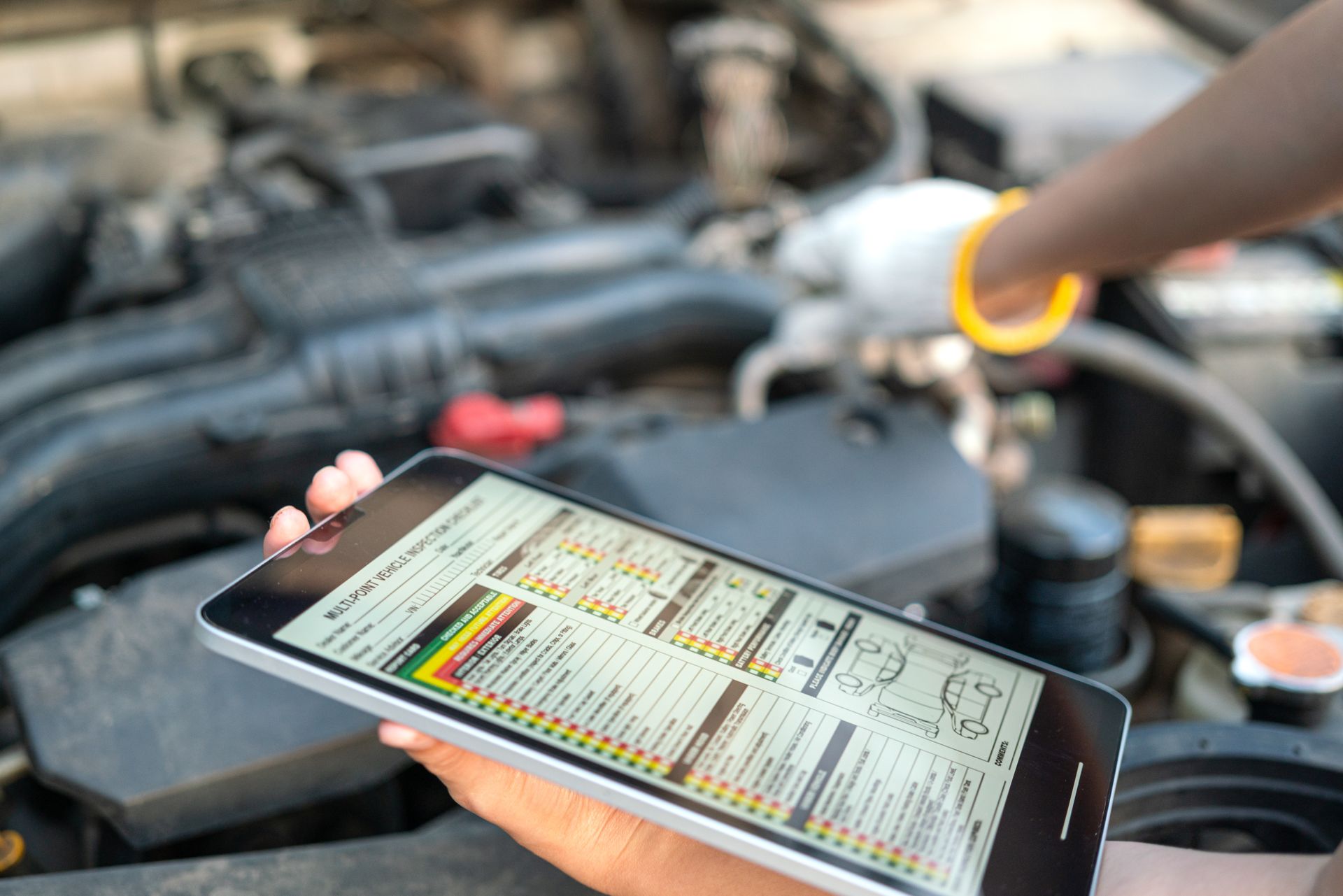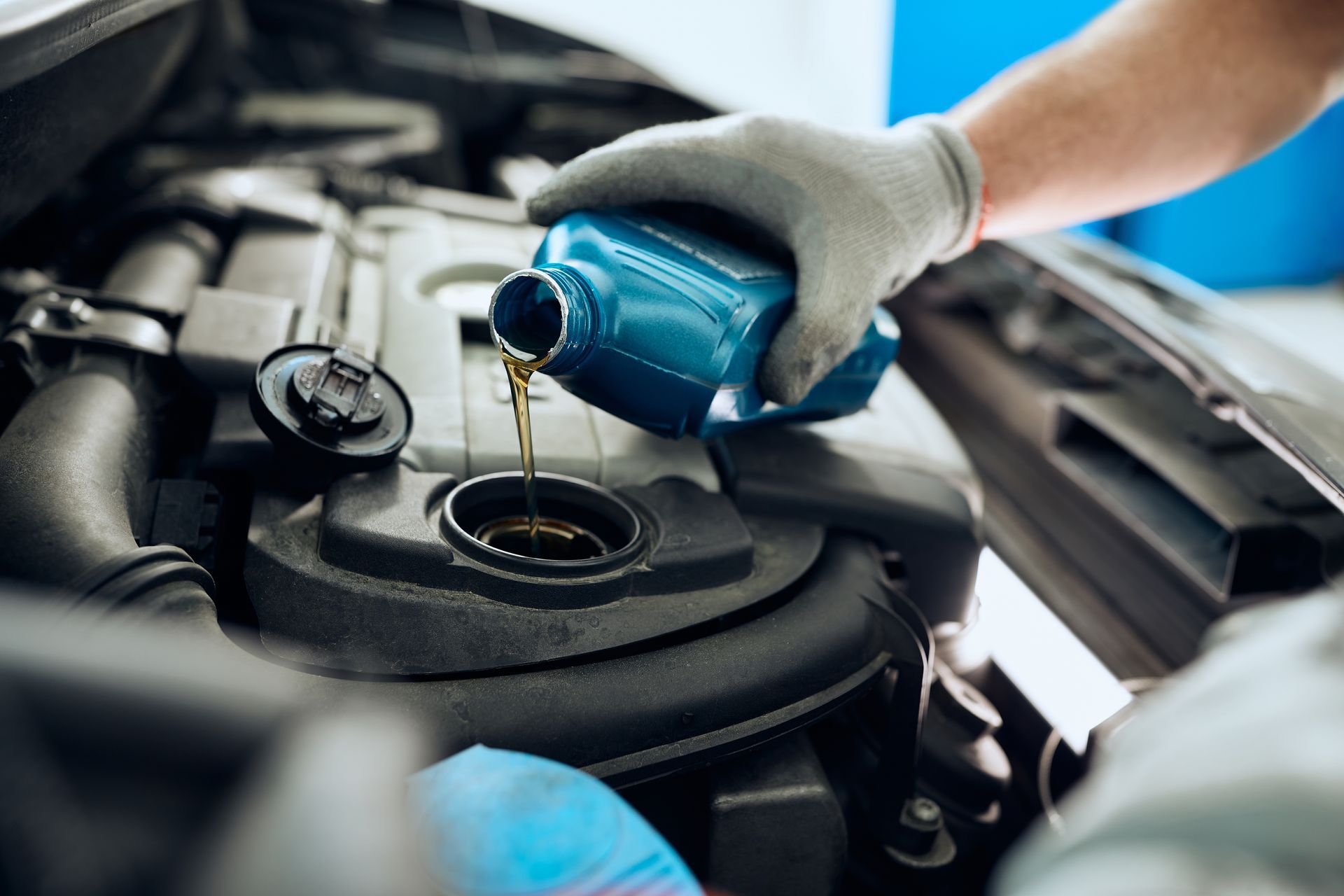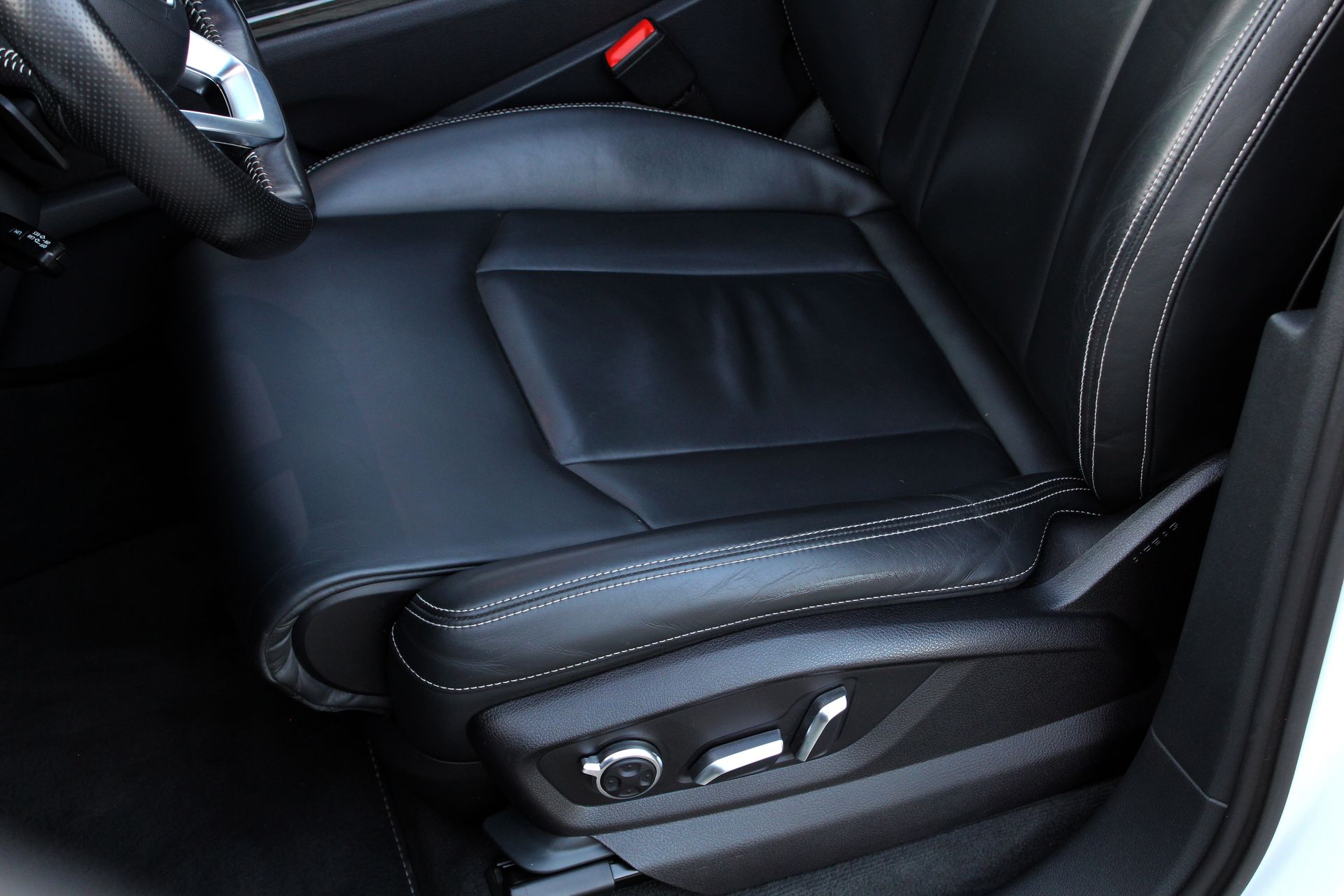If you own a vehicle in California, chances are you've heard of smog checks—but what exactly are they, and why are they necessary? Whether you're a seasoned car owner or a novice driver, understanding the ins and outs of smog checks is essential for ensuring compliance with environmental regulations and maintaining your vehicle's performance.
What Are Smog Checks?
Smog checks, also known as emissions inspections, are tests conducted to measure the pollutants emitted by a vehicle's engine. These tests aim to assess a vehicle's compliance with local, state, or federal emissions standards and regulations. Smog checks typically include measuring exhaust emissions, inspecting emission control components, and performing onboard diagnostic system (OBD) scans to identify potential issues affecting emissions.
Why Are Smog Checks Important?
Smog checks are essential in reducing air pollution and protecting public health and the environment. Vehicles emit harmful pollutants such as carbon monoxide (CO), nitrogen oxides (NOx), hydrocarbons (HC), and particulate matter (PM) into the atmosphere, contributing to smog formation, respiratory illnesses, and environmental degradation. By ensuring that vehicles meet emissions standards through regular smog checks, authorities can mitigate the negative impacts of vehicle emissions on air quality and public health.
When Are Smog Checks Required?
The frequency and requirements of smog checks vary depending on factors such as vehicle age, type, and location. In many states and regions with high levels of air pollution, smog checks are mandatory for most vehicles as part of the registration or renewal process. Newer vehicles equipped with advanced emissions control systems may be subject to less frequent or less stringent testing requirements compared to older vehicles.
California residents should schedule smog inspections for their vehicles during initial registration and once every two years after that to remain compliant and keep their registration up to date.
What Happens During a Smog Check?
During a smog check, trained technicians use specialized equipment to measure exhaust emissions and inspect key components of the vehicle's emission control system. This may include visual inspections of the catalytic converter, exhaust gas recirculation (EGR) valve, oxygen sensors, and evaporative emissions system.
OBD systems are scanned for error codes that indicate potential malfunctions affecting emissions. Based on the smog check results, vehicle owners may receive a pass or fail certificate, depending on whether their vehicle meets emissions standards.
How to Prepare for a Smog Check
Before taking your vehicle for a smog check, it's essential to ensure it's in good working condition and free from any known issues that could affect emissions. Regular maintenance, including tune-ups, oil changes, and air filter replacements, can help optimize engine performance and reduce emissions. Addressing any warning lights or diagnostic trouble codes (DTCs) detected by the OBD system before the smog check can increase the likelihood of passing the test.
Stay ahead of smog check stress with Laguna Auto Service Center. Schedule your smog inspection today, and if your vehicle doesn't pass, rest assured that our experienced technicians have the expertise to diagnose and resolve any issues.
